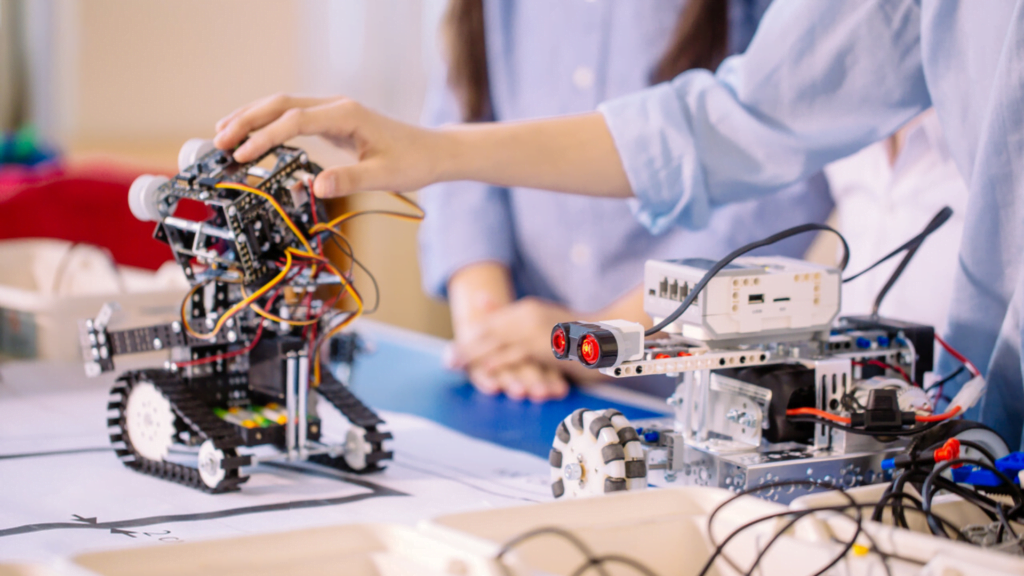Time management and organizational skills are of great importance for children to have a successful and happy future. These skills enable children to be more effective in school and social life.
Below is information about developing time management and organizational skills in children.
Developing Time Management Skills
1. Setting Priorities
Help your children determine their priorities in order to use their time more effectively. Setting priorities in advance allows for more efficient use of time.
2. Tracking Time
It is important for children to track how they use their time. This allows them to constantly evaluate how much time they spend and which activities they need to allocate more time to.
3. Planning and Scheduling
Planning and scheduling are important for children to effectively manage their time. By encouraging your children to make weekly and monthly plans, you can help them better organize their time.
Developing Organizational Skills
1. Being Organized
Being organized is the foundation of organizational skills. By ensuring that your children keep their belongings and workspaces organized, you can help them work more efficiently.
2. Breaking Tasks Down
Breaking tasks down into small steps makes them easier for children to handle and manage. This allows them to work more effectively on tasks.
3. Managing Tasks Well
Being able to manage tasks and responsibilities properly is important for children to be successful. Therefore, you should guide your children on how to complete tasks correctly and submit them on time.
Supporting Time Management and Organizational Skills
1. Be a Role Model
To help your children develop their time management and organizational skills, you should also be a good role model. By demonstrating that you manage your time well and are organized, you can convey the importance of these skills to your children.
2. Encouragement and Feedback
Encourage your children by providing positive feedback as they develop their time management and organizational skills. Recognizing their achievements and showing them that you trust them play an important role in the development of these skills.
3. Use Appropriate Tools
Ensure that children use tools that will help them develop their time management and organizational skills. For example, tools like a planner, calendar, and timer support children’s planning and tracking skills.
4. Be Patient and Understanding
Developing children’s time management and organizational skills can take time. During this process, provide them with a patient and understanding approach, creating a safe environment for their personal development.
Developing Time Management and Organizational Skills
Developing children’s time management and organizational skills is important for them to have a successful and happy life. To support these skills, guide your children and provide them with appropriate tools to prepare them for a successful future.
For similar content, you can check out our blog page!






